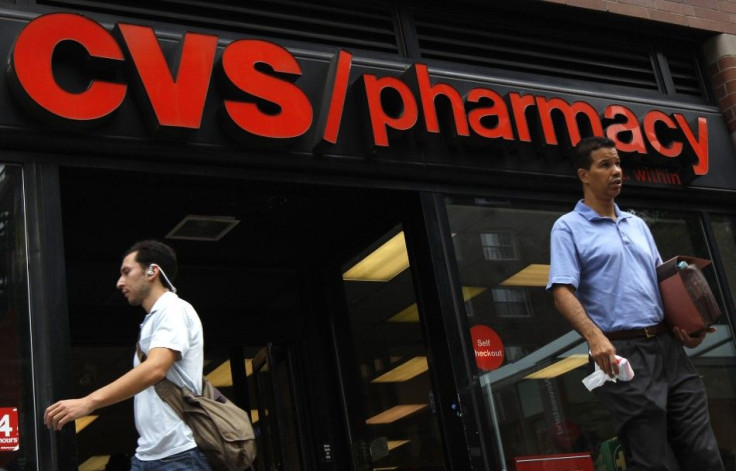CVS Stock Review: There's A Reason the Drug Store Chain Has Grown
ANALYSIS

Drug store chain giant CVS Caremark (CVS) has its share of supporters and detractors, both operationally and from an investment standpoint. CVS's stock has rebounded from a summer swoon, including a push through $30 resistance.
CVS's shares formed a bear hug during the summer during a walk down from about $38 to $31. Meanwhile, the fundamental story remains better-than-adequate. Look for 2011 revenue to increase 10-11 percent, aided by more pharmacy benefit clients, and 2-3 percent same store sales growth.
Longer-term, the CVS story remains enviable: a new pharmacy benefits management agreement contract with Aetna (AET) will boost the top line and its position as the largest provider of prescriptions and related health care services in the United States points to an impressive total, average, annual return on equity for shareholders, in the years ahead. CVS's increased use of generics should also aid the bottom line.
A devastating store deployer, 7,200-store, 41-state CVS has helped transform the drug store sector from a neighborhood-oriented, proprietor-owned sector in to a methodical, scalable, profitable corporate business model. Further, there are ample opportunities for market share increases in Florida, Texas, California, and Arizona. CVS's shares should trade above $45 in 2011.
The Thomson Reuters First Call FY2011/FY2012 EPS estimates for CVS are $2.77 to $3.17.
Stock Category: CVS is ideal for investors who want a comparatively safe, dependable company and stock investment. Don't look for gargantuan growth with CVS. There's only a 5 percent chance you'll lose your entire investment with CVS over a 10-year period.
2011 Outlook: CVS as a long-term play, but if investors are looking to sell CVS within the year, it's probably best to take your profits after it rises to $42-44, if it fails to clear $45.
Stock Analysis: CVS Caremark is a moderate-risk stock. If an investor has already purchased the company's shares, I'd hold them. If not, I'd consider buying a 50% position in CVS now. Under any circumstance, I wouldn't buy more than 75% of my CVS position before December 2011 and I'd put a sell/stop loss at: $18.
- -
Disclosure: L.C. Jacobs of New York, N.Y. reviews stocks on a quarterly, semi-annual, and annual basis.
L.C. Jacobs has no positions in stocks reviewed, but does own federal, municipal, and corporate bonds.
© Copyright IBTimes 2024. All rights reserved.











